Japanese Clover: The Superlative Weed Killer For Your Lawn
Japanese Clover: The Superlative Weed Killer for Your Lawn
Weeds can be a major headache for homeowners, especially if you have a large lawn. There are a variety of weed killers on the market, but they can be expensive and harmful to the environment. If you're looking for a more natural and effective way to kill weeds, Japanese clover may be the answer.
Japanese clover is a type of clover that is native to East Asia. It is a hardy plant that can thrive in a variety of conditions, including poor soil and full sun. Japanese clover is also a nitrogen-fixing plant, which means that it helps to improve the soil quality of your lawn.
The way Japanese clover kills weeds is by competing with them for resources. Japanese clover is a more aggressive plant than most weeds, so it will quickly outcompete them for water, sunlight, and nutrients. As a result, the weeds will eventually die off.
In addition to killing weeds, Japanese clover also has a number of other benefits for your lawn. It can help to improve the drainage of your soil, suppress erosion, and attract beneficial insects. Japanese clover is also a low-maintenance plant, so you won't have to spend a lot of time mowing and watering it.
If you're looking for a natural and effective way to kill weeds, Japanese clover is a great option. It's easy to grow, low-maintenance, and beneficial for your lawn.
Here are some additional details about how Japanese clover kills weeds:
- Japanese clover has a shallow root system that allows it to absorb water and nutrients quickly. This makes it difficult for weeds to compete for resources.
- Japanese clover produces a chemical called allelopathy that inhibits the growth of other plants. This chemical is released into the soil and can kill or stunt the growth of weeds.
- Japanese clover is a fast-growing plant that can quickly cover the ground. This prevents weeds from getting enough sunlight and air, which eventually kills them.
If you're interested in using Japanese clover to kill weeds in your lawn, here are a few tips:
- Start by seeding your lawn with Japanese clover. You can buy Japanese clover seeds online or at your local garden center.
- Rake the soil to loosen it and remove any debris.
- Sow the seeds at a rate of 1 pound per 1,000 square feet.
- Lightly water the seeds and keep the soil moist until they germinate.
- Once the Japanese clover has germinated, you can stop watering it as often.
- Japanese clover will start to kill weeds within a few weeks.
- Continue to mow your lawn as usual.
With a little patience and care, Japanese clover can help you to get rid of weeds and improve the health of your lawn.
common lespedeza
FAQ of japanese clover
What is Japanese clover?
Japanese clover, also known as Lespedeza striata, is a perennial legume plant native to Asia. It is a fast-growing plant that can reach heights of up to 3 feet. Japanese clover has small, white flowers that bloom in the summer. The leaves are trifoliate, with each leaf having three leaflets.
How does Japanese clover spread?
Japanese clover spreads primarily by seed. The seeds are produced in pods that can contain up to 10 seeds each. The seeds can be dispersed by wind, water, or animals. Japanese clover can also spread by rhizomes, which are underground stems that can produce new plants.
Is Japanese clover invasive?
Yes, Japanese clover is considered an invasive species in many parts of the world. It can outcompete native plants and alter the composition of ecosystems. Japanese clover can also be a nuisance in gardens and lawns, as it can spread quickly and be difficult to control.
How can I control Japanese clover?
There are a number of ways to control Japanese clover. One way is to hand-pull the plants. This is best done when the plants are young and small. Another way to control Japanese clover is to use herbicides. There are a number of herbicides that are effective against Japanese clover. However, it is important to use herbicides carefully, as they can also harm native plants.
What are the benefits of Japanese clover?
Japanese clover does have some benefits. It is a nitrogen-fixing plant, which means that it can improve the soil quality by adding nitrogen. Japanese clover is also a good forage plant for livestock. However, the benefits of Japanese clover are outweighed by its negative impacts, such as its invasive nature.
Is Japanese clover edible?
Yes, Japanese clover is edible. The leaves and flowers can be eaten raw or cooked. Japanese clover is a good source of protein, fiber, and vitamins. However, it is important to note that Japanese clover can also contain toxins, so it is important to cook it thoroughly before eating it.
Image of japanese clover
10 different images of Japanese clover that are free to use:
- Close-up of a single Japanese clover flower. The flower has five petals that are a light purple color.

- A field of Japanese clover in bloom. The clover is a light purple color and the field is full of flowers.
- A Japanese clover plant with several flowers. The plant is green and has several purple flowers.
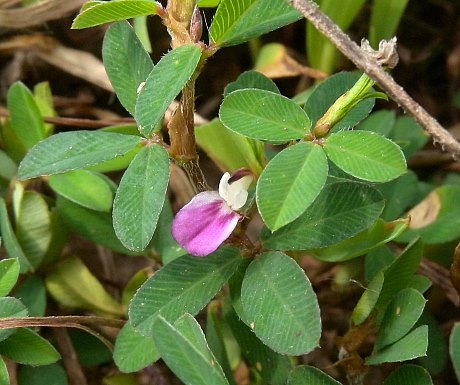
- A Japanese clover plant with a single flower and some leaves. The flower is purple and the leaves are green.
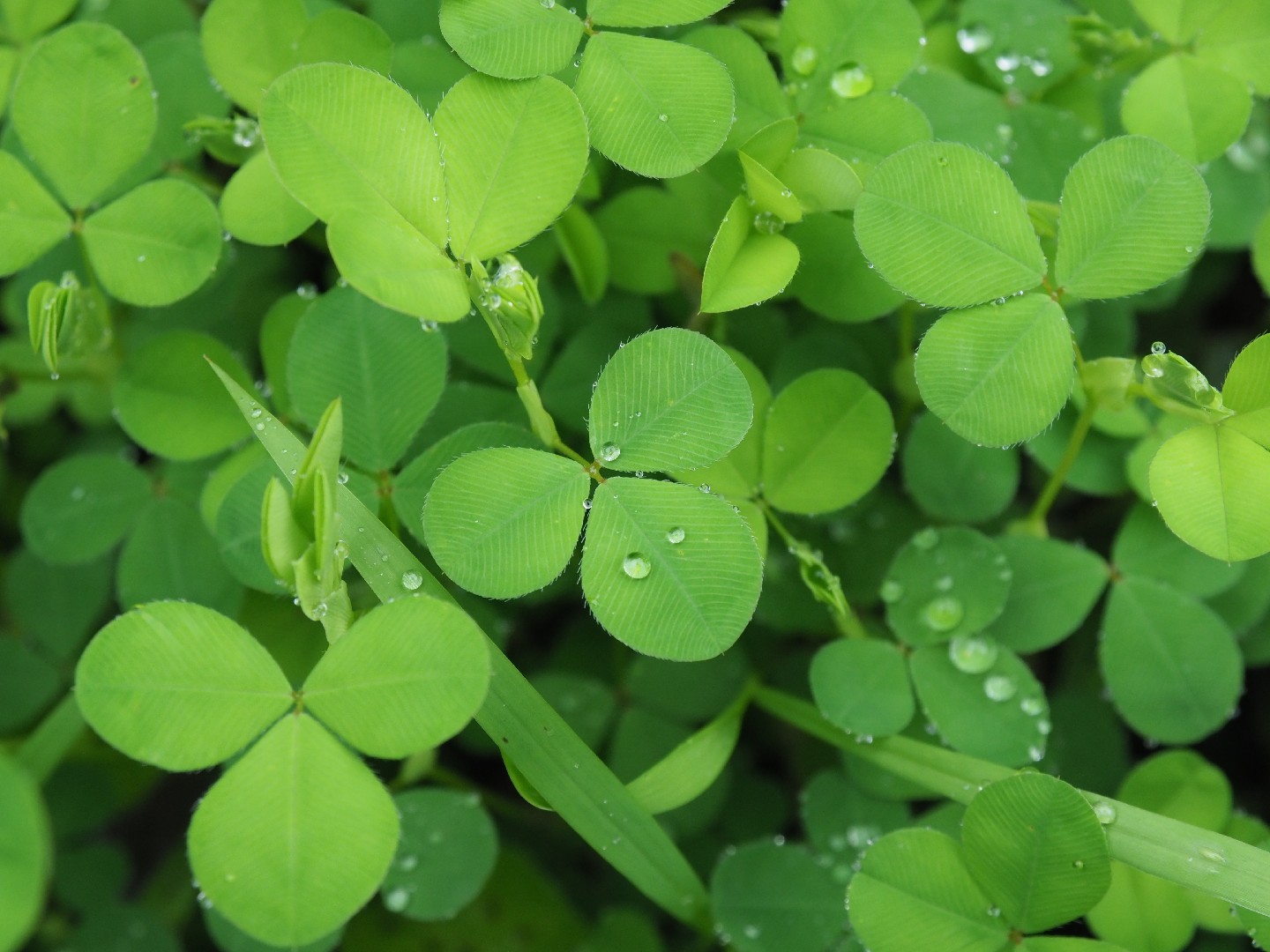
- A Japanese clover plant with several flowers and some seed pods. The flowers are purple and the seed pods are brown.

- A Japanese clover plant with a single flower and a butterfly landing on it. The flower is purple and the butterfly is orange and black.
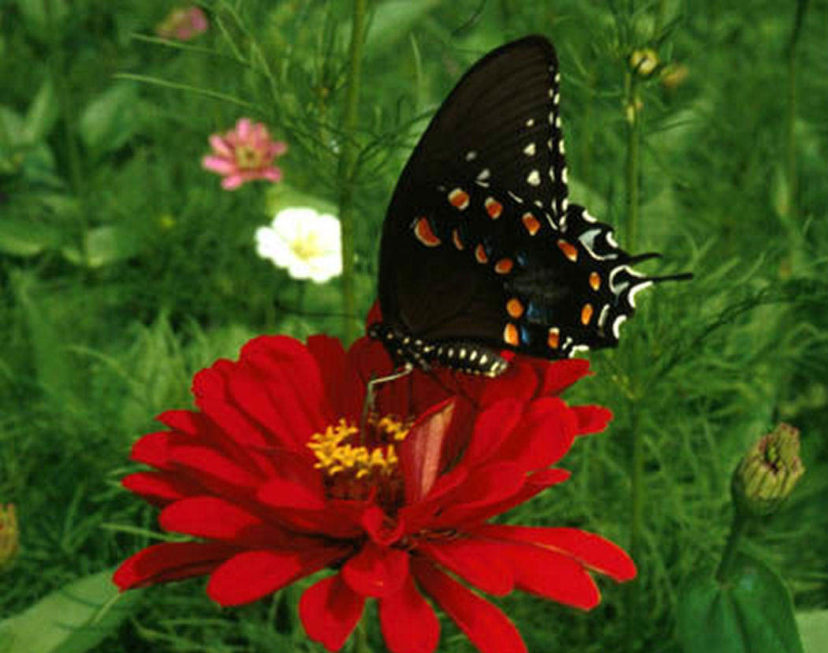
- A Japanese clover plant with several flowers and a ladybug on one of the leaves. The flowers are purple and the ladybug is red and black.
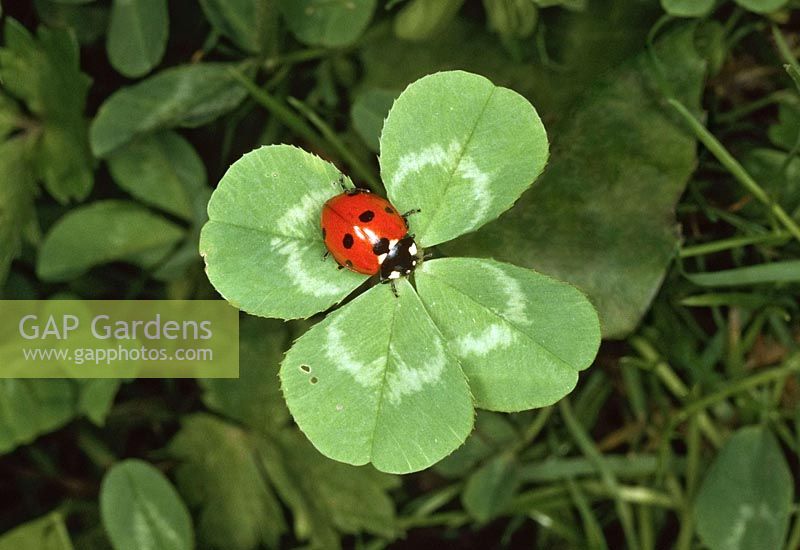
- A Japanese clover plant with several flowers and a bee pollinating one of the flowers. The flowers are purple and the bee is black and yellow.
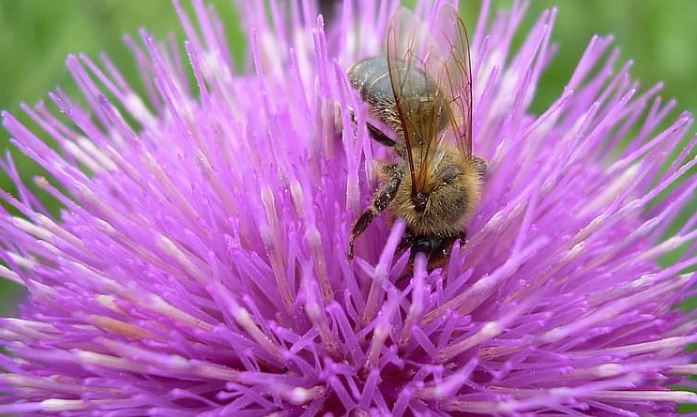
- A Japanese clover plant with several flowers and a hummingbird drinking nectar from one of the flowers. The flowers are purple and the hummingbird is green and has a long beak.

- A close-up of the seed pods of a Japanese clover plant. The seed pods are brown and have a pointed tip.

Post a Comment for "Japanese Clover: The Superlative Weed Killer For Your Lawn"